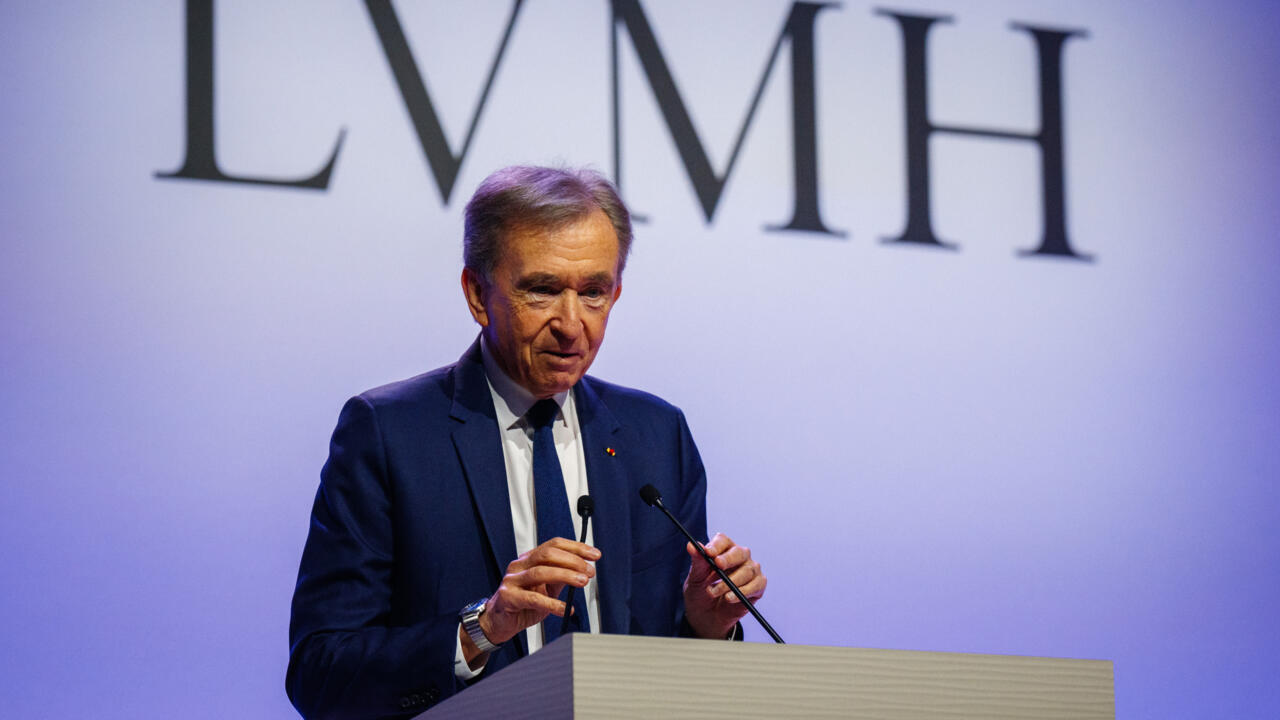As the government of Prime Minister Francois Bayrou is struggling to fine-tune a budget designed to tackle the country’s deficits and debt mountain, Arnault took issue with an expected key ingredient, a special tax on large companies.
“I have just returned from the US, and I have witnessed the wind of optimism in that country. Coming back to France is a bit like taking a cold shower,” Arnault said at this week’s LVMH earnings presentation.
Usually seen as close to President Emmanuel Macron with whom he regularly meets, Arnault was among a group of very rich men attending President Donald Trump’s inauguration ceremony in Washington this month.
In stinging remarks, Arnault dismissed Bayrou’s plan as “a tax made in France” and offered an unfavourable comparison between France and the United States.
In the US “taxes will fall to 15 percent”, Arnault said.
“When you return to France and you see that they are planning to increase taxes on companies that produce in France — to 40 percent — it’s incredible!
“If you actually wanted them to relocate, that would be the ideal way to do it,” Arnault fumed, after his group reported a drop in 17 percent of its net profit for 2024 on a 2-percent slide in turnover.
‘Nobody believes that’
The special corporate tax is the brainchild of the previous government under premier Michel Barnier, who was sacked by parliament in a no-confidence vote in response to his austerity budget plan.
Bayrou’s administration, which is scrambling to put together a new budget, is expected to retain the special corporate tax move, hoping to collect an extra eight billion euros ($8.3 billion) this year from the one-time measure.
Finance Minister Eric Lombard has vowed the move — which would take the tax rate for the biggest companies to above 40 percent — will be in force for only a year, a pledge quickly dismissed by Arnault.
“Nobody believes that,” he said. “Once they raise taxes to 40 percent, who will lower them again?”
The “exceptional contribution” would increase LVMH’s tax burden by between 700 and 800 million euros, according to finance director Jean-Jacques Guiony.






